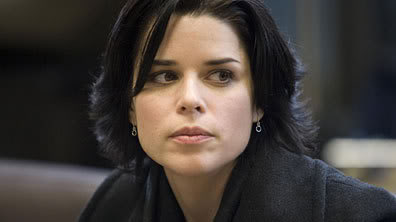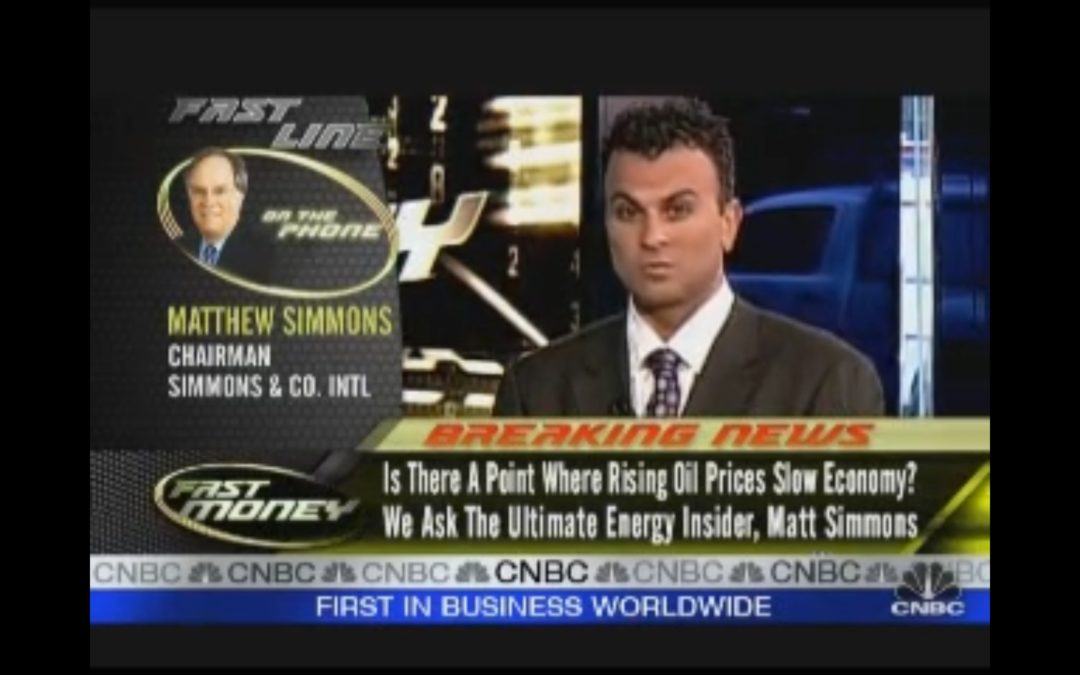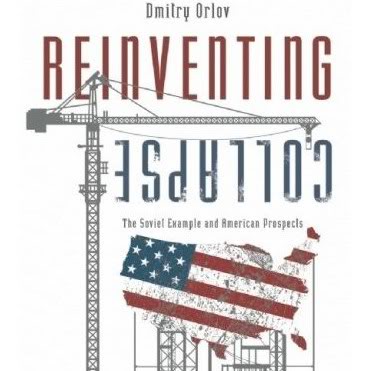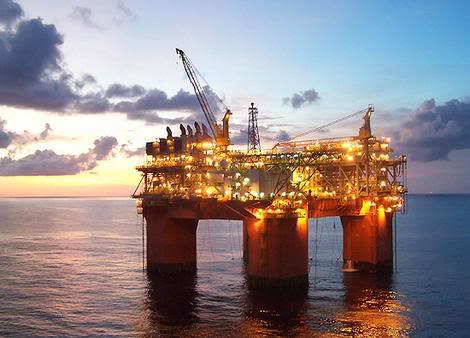
by Shaun Chamberlin | Jul 27, 2008 | All Posts, Climate Change, Cultural stories, Peak Oil, Politics, Reviews and recommendations
I have just watched the BBC’s outstanding thriller Burn Up, starring Rupert Penry-Jones, Marc Warren, Bradley Whitford and Neve Campbell (trailer available here). It is a dramatic account of the intrigue, betrayal, sex and violence surrounding characters in the...

by Shaun Chamberlin | Jul 17, 2008 | All Posts, Cultural stories, Peak Oil
Thanks to the Oil Drum‘s Peak Oil Media Watch I recently came across this fascinating video clip from the “Fast Money” programme on American business news channel CNBC. In the extract the studio panel are discussing the rise in oil prices and –...

by Shaun Chamberlin | Jun 29, 2008 | All Posts, Climate Change, Cultural stories, Favourite posts, Peak Oil, Philosophy, Reviews and recommendations, TEQs (Tradable Energy Quotas), Transition Movement
As George Carlin once said, “they call it the American dream because you have to be asleep to believe in it”. At the risk of this blog becoming ‘review corner’, that seems the perfect introduction to the book I just finished reading — Dmitry...

by Shaun Chamberlin | Jun 22, 2008 | All Posts, Favourite posts, Peak Oil, Politics
I find myself wondering if our current political system (like so much else in our modern culture) might be partially a product of the bonanza of abundant cheap energy we have been enjoying for the last century or two. Have we been so comfortable that the pressure has...

by Shaun Chamberlin | Jun 14, 2008 | All Posts, Climate Change, Favourite posts, Peak Oil, The Transition Timeline, Transition Movement
Lately I seem to be encountering many climate change activists who have a blind spot when it comes to peak oil. At present, Friends of the Earth appear to be particularly prone to this. They assert that climate change is overwhelmingly urgent (no arguments from me...








Recent Comments